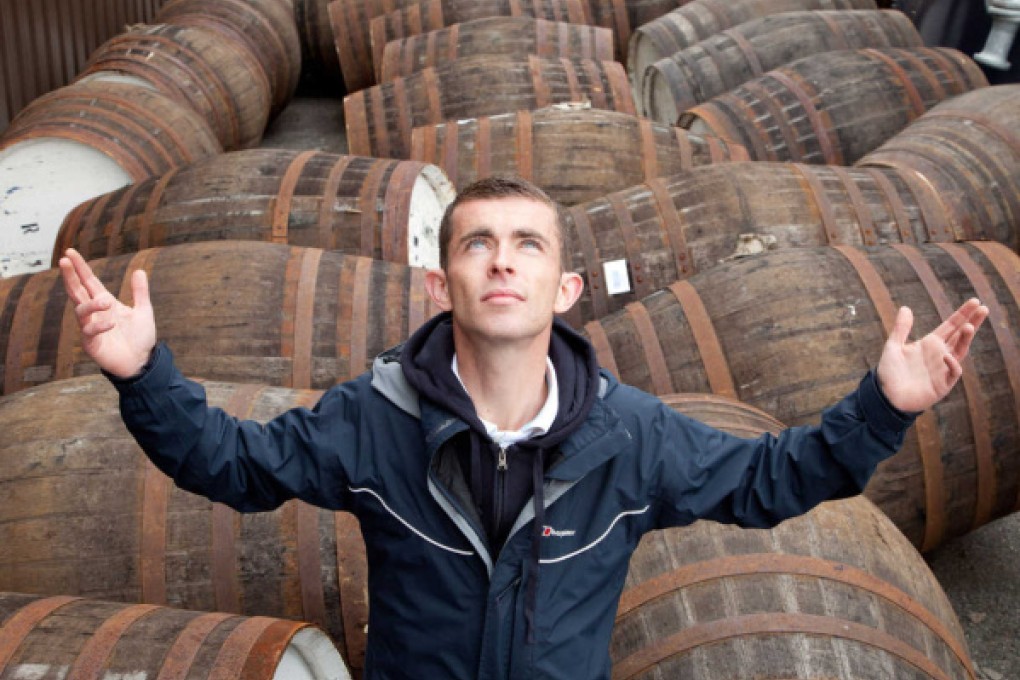It's a young man's game: Ken Loach looks back on 50 years of filmmaking
After 50 years in the game, acclaimed British filmmaker Ken Loach continues to forge drama with heart, soul and a keen sense of humour, writes James Mottram

festivals or award shows, lifetime achievement prizes these days seem to be given out with alarming regularity - and often for people who aren't anywhere near the twilight of their careers. But if there is one man who truly merits such an accolade, it's Ken Loach. Coinciding with his 50th year in the industry, the British director was at this year's Berlin International Film Festival to collect an honorary Golden Bear in recognition of his titanic body of work.
He is, of course, best known for his social-realist dramas such as Ladybird Ladybird (1994), My Name is Joe (1998) and The Wind that Shakes the Barley (2006), which won the Cannes Film Festival's Palme d'Or that year. As far back as 1966, his television drama Cathy Come Home, about a family's slide towards homelessness, made such an impact it caused the formation of the charity group Crisis and saw a law changed so that homeless fathers could stay with their wives and children in hostels.

Another of Loach's winners at Cannes (this time of the Jury Prize), The Angels' Share is the perfect example of the way he weaves comedy and drama together into a tapestry. Set in Glasgow, the director's most recent fiction feature follows the volatile Robbie (Paul Brannigan), a reckless youth who, we discover early on, attacked a young man in the street without provocation, leaving him blind in one eye. "We wanted to really risk alienating the audience," says Loach, "hoping they would want him to succeed in the end. It just seemed a bigger challenge."
Sentenced to community service, Robbie befriends his supervisor Harry (John Henshaw), who introduces him to the pleasures of whisky tasting. What follows is an affectionate heist tale, as Robbie sets about stealing some precious whisky from an auction - a robbery that could set him up financially for life. "I think you could take the same characters and tell a tragedy or a comedy," says Loach.
"In a way, the essence of the situation the characters are in is the same. It's just the tale you happen to tell. And this is a happier little tale."